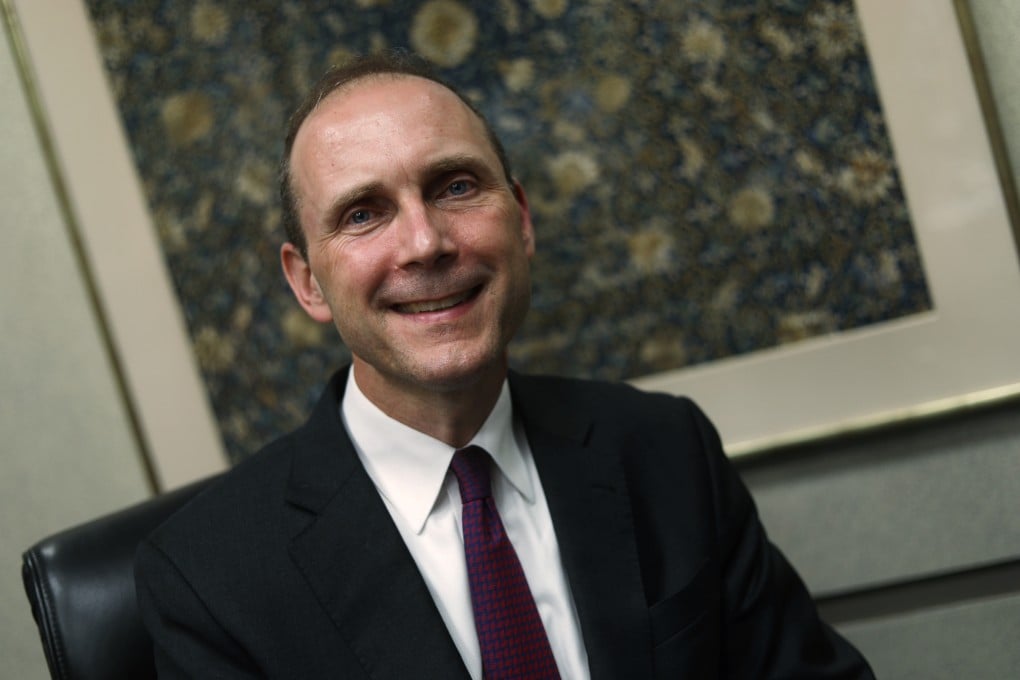Advertisement
Impending Hong Kong security law language stirs ‘growing concern’, former US consul general says
- Hanscom Smith cites government consultation paper signalling possible targeting of connections between entities within the city and those overseas
- Concept of external interference could ‘conceivably be applied to education or other aspects of Hong Kong’s international engagement’
Reading Time:2 minutes
Why you can trust SCMP
34

Robert Delaneyin Washington
Washington’s former top envoy to Hong Kong flagged language used to guide the establishment of a domestic national security law as a “growing concern” among groups operating in the city who had not previously worried about such initiatives affecting them.
Former US consul general Hanscom Smith said in a discussion at the Centre for Strategic and International Studies, a Washington think tank, on Wednesday that language in a consultation paper on the Article 23 legislation signalled the possible targeting of connections between entities operating in the city and those overseas.
“When you look at the concept of external interference, although what the government may have in mind is NGOs or civil society or foreign government initiatives … it could also conceivably be applied to education or other aspects of Hong Kong’s international engagement,” Smith said of the coming security bill, which the city is required to enact under Article 23 of the Basic Law, the city’s mini-constitution.
Advertisement
Hong Kong attempted to pass Article 23 legislation in 2003, but it was dropped after about half a million people took to the streets in protest amid fears the law could be used to curtail civil rights.
The proposed law introduces five new types of offences: treason, insurrection, sabotage, foreign interference, and theft of state secrets and espionage.
Advertisement
Advertisement
Select Voice
Select Speed
1.00x